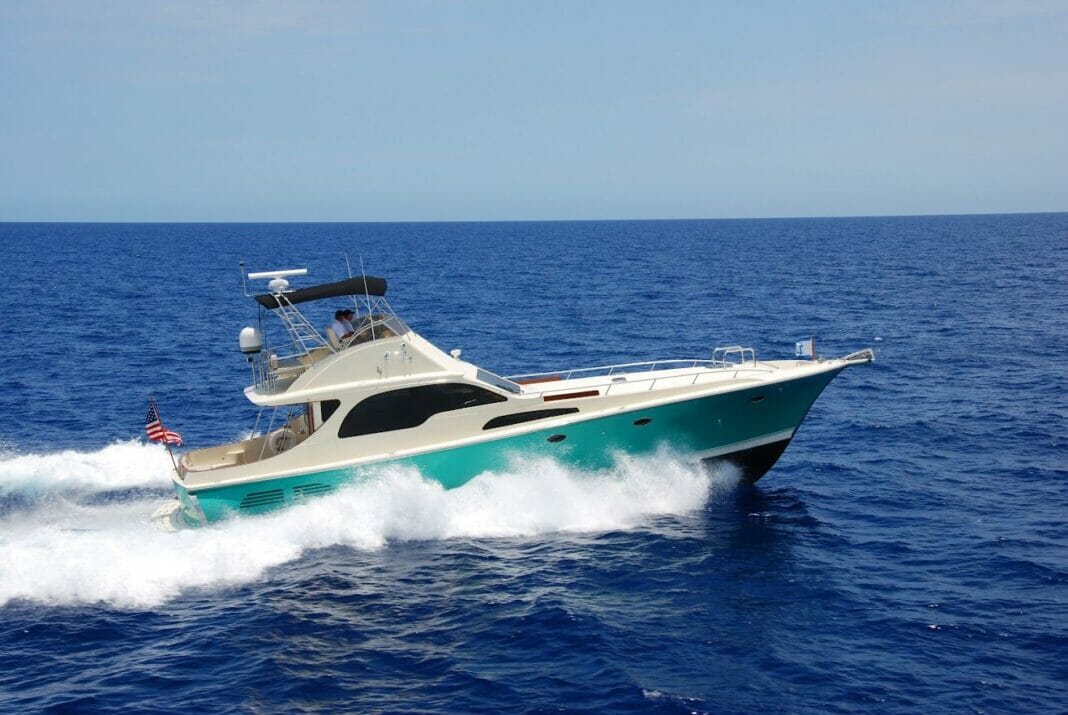Owning a boat can be an exciting and pleasurable experience, providing the freedom to explore the open water while creating unforgettable memories with friends and family. However, experiencing mechanical issues while out on the water can quickly dampen this experience, and may even prove dangerous in some situations. Therefore, consistent and thorough boat maintenance is essential for ensuring a safe and enjoyable boating experience.
This article will discuss specific maintenance tips and practices for keeping your boat running smoothly.
Regularly Inspect and Clean your Boat
One of the primary steps to maintaining your boat is regularly inspecting it for damage or wear, and keeping the surfaces clean. This should be done on a consistent schedule, as well as immediately following any particularly rough or dirty excursions.
Inspect the Hull and Propeller
Regularly examine the hull and propeller for any signs of damage or corrosion. If you notice any cracks, dents, or other irregularities, it’s important to address these issues before they worsen. Be sure to also check the propeller shaft for any signs of bending.
Clean the Boat’s Exterior
Frequent cleaning of your boat’s exterior is not only aesthetically beneficial but also prevents the buildup of algae, barnacles, and other debris that can lead to performance issues or damage. Utilize boat-specific cleaning products and a soft brush to gently remove dirt and grime from the boat’s surfaces. Additionally, applying a protective wax layer afterward can help protect the boat’s paint and gel coat.
Prevent Galvanic Corrosion
Galvanic corrosion can develop on metal surfaces that are in constant contact with water, such as your boat’s hull and propeller. To avoid this, regularly clean and inspect metal surfaces and consider installing a sacrificial anode, which will absorb the corrosion instead of your boat’s metals.
Engine Maintenance
The boat’s engine is crucial for a smooth and reliable boating experience. Regular engine inspections and maintenance can help prevent costly repairs or breakdowns while out on the water.
Check & Change Engine Oil
Just as with cars, boats require regular oil changes to keep their engines running at peak performance. Check the engine oil levels before each trip and change the oil according to the manufacturer’s recommendations, usually around 50-100 engine hours or at a minimum, annually.
Flush the Cooling System
If your boat operates in saltwater, it is essential to flush the cooling system with fresh water after each use to prevent salt buildup, which can cause overheating and damage the engine. Attach a garden hose to the cooling water intake, turn on the engine, and let the fresh water flow through the entire cooling system for several minutes.
Maintain the Fuel System
Old or contaminated fuel can lead to engine performance issues and breakdowns. To avoid this issue, always use high-quality marine-grade fuel, and add fuel stabilizer to prevent condensation forming in the fuel tank during periods of storage. Also, inspect the fuel lines and connections for any leaks or signs of wear.
Electrical Systems and Battery
Boat batteries and electrical systems can be subjected to harsh conditions while out on the water, which makes taking care of these components vital to the boat’s performance and safety.
Inspect & Clean Battery Connections
At least once a season, remove and clean the battery connections using a wire brush and battery cleaner. This will help prevent the buildup of corrosive materials that can lead to poor electrical connections and battery failure.
Keep Batteries Charged
It is essential to maintain your boat’s battery at a fully-charged state at all times. Invest in a good quality marine battery charger/maintainer and keep the battery charged when not in use. Additionally, replace your boat’s battery every 3-5 years or as needed to ensure reliable performance.
Prepare for Storage
When the boating season ends, it’s crucial to properly prepare your boat for storage to prevent damage during the offseason.
Winterize the Engine
For boats that experience below-freezing temperatures during the offseason, properly winterizing the engine is necessary to avoid potential freeze damage. This involves flushing the cooling system, adding antifreeze, fogging the engine cylinders, and addressing any other manufacturer-specific recommendations.
Store the Boat Appropriately
When storing your boat, opt for an indoor, climate-controlled environment if possible. If outdoor storage is the only option, invest in a high-quality boat cover to protect your boat from the elements.
By following these essential boat maintenance tips and practices, you can help ensure that your boat remains in optimal running condition for years of enjoyable and hassle-free boating experiences.


